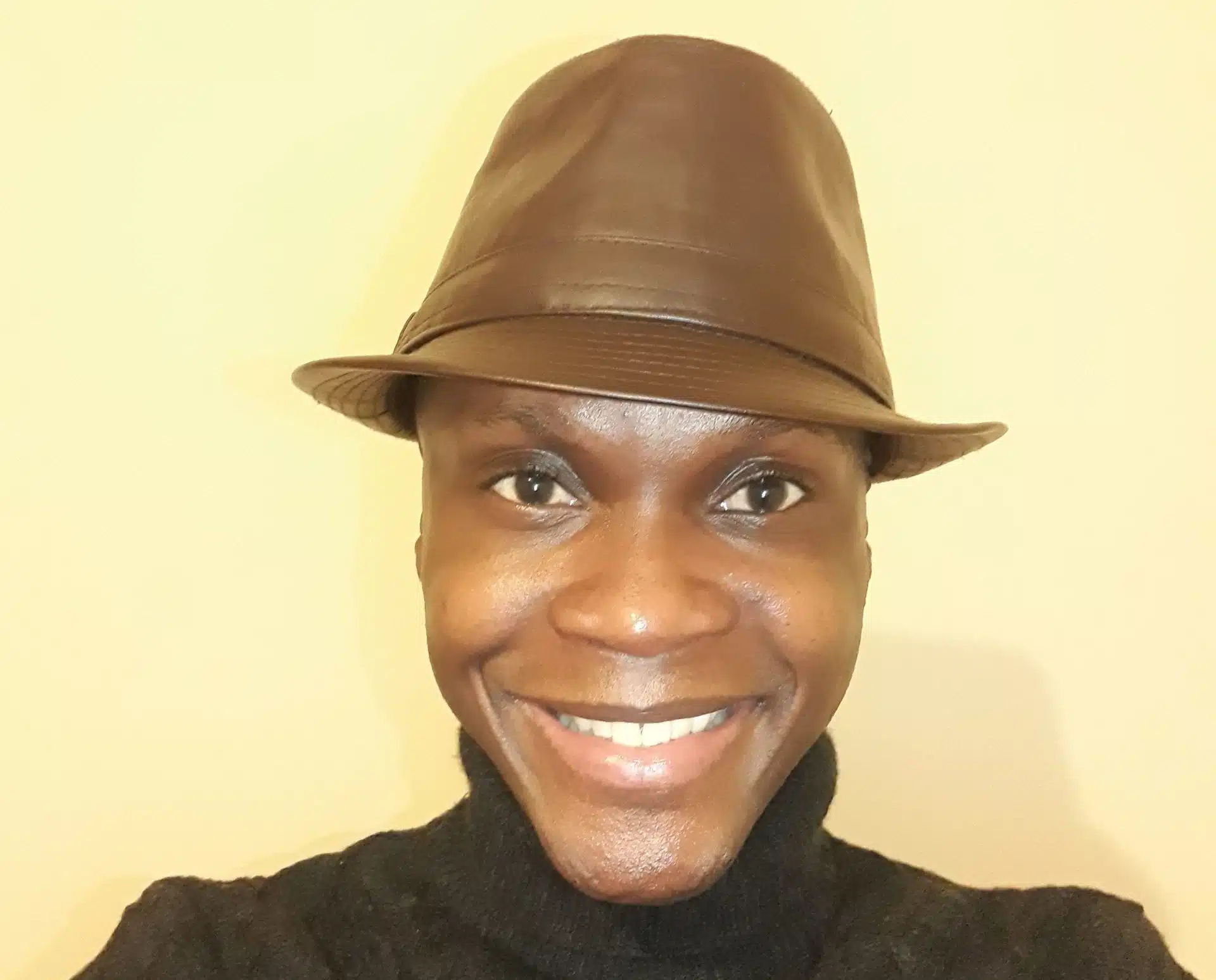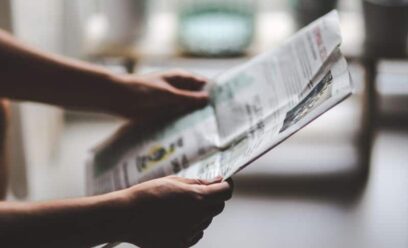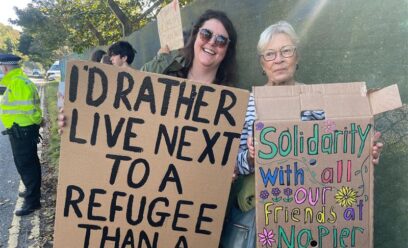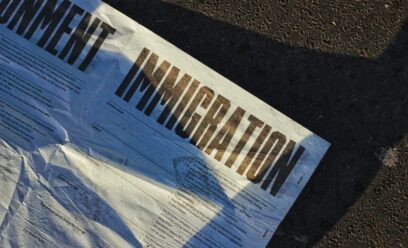‘I am now happy that I do not have to defend myself for simply being myself.’
Posted by Ahmed Elmi on October 19, 2021Jason Thomas-Fournillier shares his journey, from escaping violent homophobia in Trinidad and Tobago to becoming an LGBT asylum activist in Doncaster.

I am from the southern Caribbean, Trinidad and Tobago, to be precise, and I arrived here, the UK, in 2014. I am an openly gay man, and there were many attacks on my life back home. I had worked within the community for over ten years in Trinidad and Tobago, and before I left things began to become very intense.
Living openly on the island was not easy and I had to move around quite a bit. At the time I was working for the country’s welfare department, something I had been doing for 15 years. Being LGBT is not accepted in that society. There are killings of homosexual men and women, as well as transgender people.
Although the decision to leave was not hard, it was certainly disheartening to know that it had come to that point.
I had always thought once I was able to live freely and speak my mind, then I could eventually help others in my position. But I needed to help myself first. At the time, I was no good to anyone, mentally, physically, and emotionally. I used my savings and left the island in June of 2014.
I decided the UK was a better option for me because of the gay rights laws and the overall democracy was much better than in Trinidad and Tobago. The UK is remarkably diverse, and a lot of the minorities have rights, this was important for me. The language was equally important, as English is my mother tongue.
The one thing that kept me positive throughout my journey were the virtues my parents had instilled in me from an incredibly early age. They had both died of cancer before I left. They taught me to always be of use to others. That is why connecting with people has always been important to me. If we do not challenge ourselves in connecting with others, we will not get a full understanding of ourselves.
The other things I brought with me were Soca music and a traditional Trinidadian currant roll that I bought from the airport. It is a bread roll, baked with currants. It was the last thing I bought in my country, while at the airport. It is mixed with sweet flour, and sugar and currants, sultanas, spices, cinnamon, and nutmeg – it is then baked and cut into pieces. It lasted all the way to London, as I was placed in a hostel, while waiting for temporary housing. That is the best memory I have, and it has remained with me to this day. It was a good taste of home that kept me warm and cosy during a transitional period.
I first arrived in London, briefly living in Lewisham, then moved to Birmingham and eventually ended up in the north, where I lived in Leeds for a while and now, I have settled in Doncaster. There has been challenges along the way; there are negative perceptions people still have of people of colour. People often judge by the exterior. There are also many misconceptions about asylum seekers.
At some point I had run out of money and resources and ended up sleeping on the streets. It was this time that I met so many interesting people, other homeless people. They were from all over the world, Hungary, Romania, and so on. Even though it was incredibly stressful, it was also some of the happiest moments in my life. It was such an amazing gathering of people, I was able to be open about my sexuality with them, and we had great conversations.
One day I met someone at a soup kitchen in Deptford and they asked me where I was sleeping, and I said that I was sleeping under a bridge nearby. She could not believe it. That same evening, she came to the bridge and took me to her house, where I stayed until I got housing. That is how I got into activism, through volunteering with her.
I now work with several grassroots organisations that help LGBT asylum seekers in the UK, including Time To Be Out in York, One Rainbow Bridge in Sheffield, and RAS Voice, who are affiliated with Refugee Action. I currently run a project, with the campaigner group One Rainbow Bridge, called ‘Speak Your Truth’ – which enables and empowers people to take ownership of their own narratives.
In coming to this country and having my rights, I want to use the experience I have gained as an activist and go back to Trinidad and Tobago, whenever I get the opportunity, and to push forward new legislation that will hopefully usher social change for the next generation.
I was 46 when I arrived in the UK, I am now 53. I look back at a boy who was born in Trinidad, in San Fernando, who had to grow up fast and went through a lot of tough times yet stayed grounded. There is always work to be done, and you do not have to feel sorry for yourself – you must push forward, even when you do not want to.
I am now happy that I do not have to defend myself for simply being myself.
Human Journeys tells the stories of people who have travelled and moved to the UK, the journeys they embark on when they arrive and those which they are still on, in their own words. The stories shared will also feature some of the people who work, volunteer and campaign on issues of people movement – and how they journeyed into this work.



